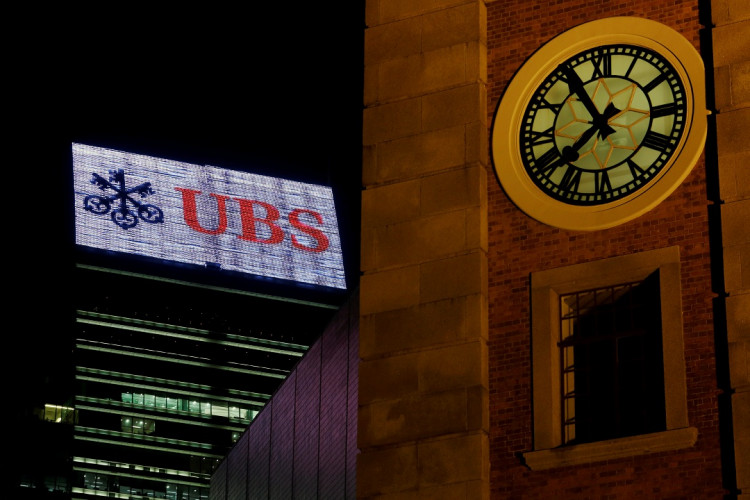Swiss banking behemoth UBS has sealed a landmark $3.25 billion deal to acquire its competitor, Credit Suisse, aiming to reinforce their positions in the global financial landscape. This acquisition comes after Credit Suisse faced a series of scandals, economic setbacks, and regulatory scrutiny, putting immense pressure on the bank. The transaction is predicted to cause a significant shift in the banking sector, as the merged entity will emerge as the world's sixth-largest bank in terms of assets.
The Financial Times reported that the acquisition serves as a tactical maneuver to consolidate the market standings of the two banks amid increasing concerns regarding the stability of the global banking system.
The agreement is expected to provide Credit Suisse with vital financial reinforcement while also allowing UBS to extend its footprint in the European market. The combined entity will possess assets amounting to around $1.6 trillion, placing it in the same league as leading financial institutions such as JPMorgan Chase and Bank of America.
According to CNBC, the deal comes as regulators across the globe are striving to bolster the global banking system in light of numerous financial scandals and economic challenges. UBS's $3.25 billion acquisition of Credit Suisse is considered a crucial step towards fortifying the Swiss banking sector and ensuring the stability of the global financial system.
The acquisition is anticipated to undergo extensive regulatory examination to guarantee that it does not result in monopolistic outcomes or negatively impact market competition.
A source familiar with the situation, cited by Reuters, revealed that Credit Suisse had been seeking assurances from Swiss authorities regarding its future. The bank has faced escalating pressure from investors and regulators to identify a viable solution to its financial predicament, making the acquisition by UBS an increasingly appealing option.
CNN noted that Credit Suisse's troubles can be traced back to its involvement in the Greensill Capital and Archegos Capital Management scandals, in addition to Swiss regulators scrutinizing its anti-money laundering controls. These factors have contributed to a considerable decline in the bank's market value and intensified pressure for the bank to find a way out of its crisis.
UBS Chair Colm Kelleher also offered his remarks on the deal, "This acquisition is attractive for UBS shareholders but, let us be clear, as far as Credit Suisse is concerned, this is an emergency rescue."
"It is absolutely essential to the financial structure of Switzerland and ... to global finance," said Kelleher.
The acquisition is expected to have far-reaching implications for the European banking sector, as the industry contends with low-interest rates, rigorous regulations, and digital transformation. The deal is projected to give rise to significant cost-cutting measures, including job losses and branch closures, as the two banks integrate their operations. This agreement marks a critical step towards stabilizing the Swiss banking sector and ensuring the resilience of the global financial system.





